I Finally Get It: Beauty Is What My Soul Seeks
A dead Irish poet came knocking with the truth.
When you awaken a space in your heart or your mind for the beautiful, then you will grow and become the person you are meant to be.
– John O’Donohue
I didn’t mean to pick the flowers, to make up that little posey. It just happened. It was evening, and I was doing chores – watering, dead-heading, picking pole beans, reining in errant sweet pea vines with my handy spool of twine. But no harvesting tonight, I had told myself, cramming my clippers into my apron to dampen the temptation.
The next thing I knew I was over at the stone wall admiring a profusion of pale yellow blooms on a dwarf cosmos called Xanthos. So many blossoms had opened in one day that I had to pick them and see what they’d look like bunched together. And that color – like butter and cream! What could I pair it with? Bicolor sage – right there next to it. And a blush zinnia and a peachy snapdragon and two sunny coneflowers. A sprig of lemon basil. A sweet, gentle palette.
Forming the little bouquet right there in my hands made me so happy. Normally I harvest stems into buckets and hydrate them overnight before arranging. But this night, beauty snuck up on me and demanded my attention.
Beauty is like that. Now I know why.
I’ve had a minor revelation this week. Actually, not so minor. I feel sort of self-conscious about saying this (especially right on the heels of all my fuss about the dragonflies), but I think what I experienced is more like a spiritual epiphany. Not a spiritual awakening, mind you – I already had one of those 16 years ago! But a realization of something I must have always known innately but never had the words or the power to articulate or process. I learned that our experience with beauty is not a conversation with our brain, but an interaction with our soul.
When we feel and know and touch the beautiful, we feel that we are at one with ourselves … In some subtle, secret way, beauty meets the needs of the soul.
– John O’Donohue
This time my teacher was a dead Irish poet. Twenty years dead! And yet speaking directly to me through an audio recording of his book, Beauty: The Invisible Embrace, and in an interview (his last) with On Being’s Krista Tippett. (John O’Donohue: The Inner Landscape of Beauty was one of On Being’s most listened-to podcasts ever.) What’s more is I had barely heard of this man until three different friends – David, Polly, and Laura – mentioned him right here in the comments of my Substack.
Clearly, John O’Donohue, an ex-priest best known for his prose work, Anam Cara: A Book of Celtic Wisdom, has been knocking at my door, but it took a little unexpected opening in my schedule for me to let him in. I rarely have (or make) time to spend an evening listening to audio. But now that I have begun this beauty journey with him, I’m all in.
I am realizing I’ve been seeking beauty all my life – looking for the things that make my heart sing and make me feel alive.
The beautiful offers order, coherence and unity, and when these needs are met, the soul feels at home in the world.
– John O’Donohue
Ah ha. I understand now why I am so fixated on beauty – as a daily experience, as a foundation for serenity, as a topic I must write about.
It’s why I came to this Island, was drawn here and lured deeper and deeper into its beauty. It’s why some days I can’t drive along Beach Road without pulling over and staring out at the blue horizon. It’s why I so often find myself walking under a cathedral of oaks or around a hay field dotted with wildflowers. It’s why I’m fascinated with stone walls and osprey nests and swans on the Mill Pond.
It’s also why I grow Sungold cherry tomatoes and little purple Fairy Tale eggplants and lemony-yellow squash and chartreuse basil. It’s why I design gardens on paper and bring them to life outside. It’s why I grow and pick and arrange flowers. It’s why I arrange words on paper.
When we enter into our own creativity, then the beautiful becomes available to us.
– John O’Donohue
I think we all have the ability to see and cultivate beauty – and to feed our souls in that way – but the impulse gets thwarted by the drive to master the more functional (and ego-driven) aspects of life.
Interestingly, I have documentation of this kind of tension in my own life. When I graduated from high school (this was an all-girls school, a story for another time), I was given the headmaster’s award. By the headmaster of course! And for what? Honestly, I really think it mostly had to do with a quality I’ve been burdened with all my life: I’m conscientious. If I set my mind to doing something, it will happen. I’m sure there is (or more accurately, was) a good dose of people-pleasing and fear of failure mixed in there. (And I nearly had a nervous breakdown senior year from trying to do too much.)
But what fascinates me is what the headmaster, who I didn’t really know all that well, wrote about me inside the front cover of the Collected Shorter Poems of W.H. Auden, his gift to me. He quoted Auden (who was himself talking about William Butler Yeats) : “Poetry makes nothing happen/It survives in the valley of its making where executives/would never want to tamper” and then went on to say, “Auden’s words notwithstanding…[she] is an “executive who dares occasionally enter that valley where poetry lies … with all her efficiency and activity, she has never lost sight of the joy of ideas.” And therein lies the crux of the struggle I’ve had my entire life (and I’m betting some of you have, too).
Executive or poet?
Clearly, I started out life leaning more towards poetry (both the spirit of it – which is a form of beauty – and the actual crafting of it). My favorite book as a child was The Story of Ferdinand, the tale of a gentle bull who preferred sitting in a field smelling the flowers rather than acting rough and tough and ready to fight. And despite my busy -ness in high school, I entered college identifying myself as a poet and a writer: I published poetry in the literary magazine, was admitted to study narrative poetry and fiction for two semesters with my university’s distinguished novelist, and fancied myself a starving artist upon graduation.
Reality and the executive side of my personality took over and off I went to be an editor and a worker-bee. Over the years I’ve gone back and forth from office worker to freelancer, trying every way possible to practice my art and be a functioning adult, too. At times — pre-sobriety — my executive side took over. I became editor in chief of a magazine. And I ran with that until the stress caught up with me like it always did. I channeled my magazine experience into writing cookbooks, a substitute for writing what I considered “real” books, but at least I could continue to put words and pictures together as I’ve always loved. I grew food and had a farm stand to answer my deep longing for being outside in nature, only to return to the office when financial reality set in again.
But now as time is becoming uncomfortably fleeting, I’m finding myself back in that field with Ferdinand the bull. I am most content smelling (and picking) the flowers. The raging ego of being in control, of leading a team, of meeting goals, getting accolades, doing the best possible job, being conscientious … just isn’t there.
Better still, I understand my contentment is not only physical and mental, but spiritual as well. I am experiencing beauty because that is what my soul wants. Sitting on a rock on a sunny day, looking out to sea with a gentle breeze on my face – that’s everything.
It is the antidote to chaos and clutter and cacophony, a truth that I hope anyone who is struggling with this kind of noise can embrace.
Our times are riven with anxiety… I believe that now is the time to invoke and awaken beauty. The situation we are in has been caused substantially by our denial of beauty…
Some kind of greed has got into our perception and this is the opposite of what beautiful is, because greed can look at things only as potential products, possessions, and commodities.
Whereas the sense of beauty is a sense of that which is eternal, which is subtle, which is invisible. And that which really matters behind the blur of appearances.
— John O’Donohue


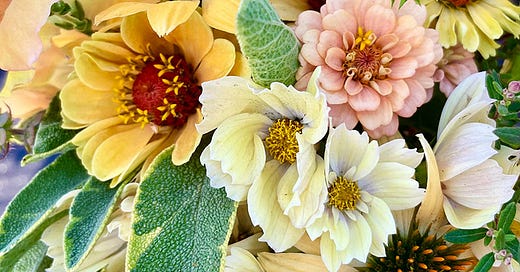



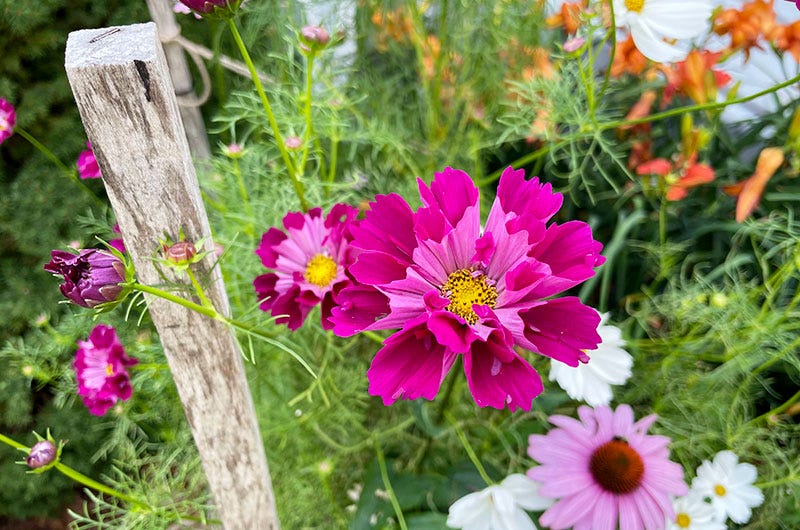

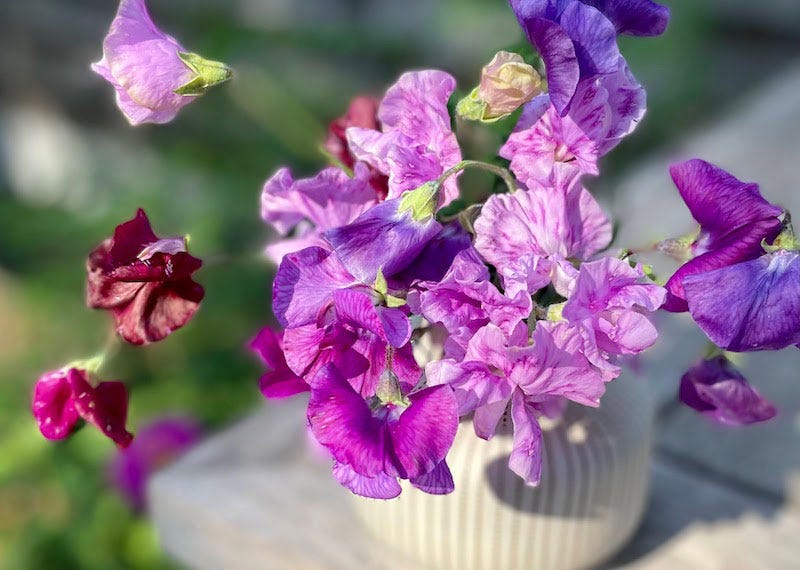
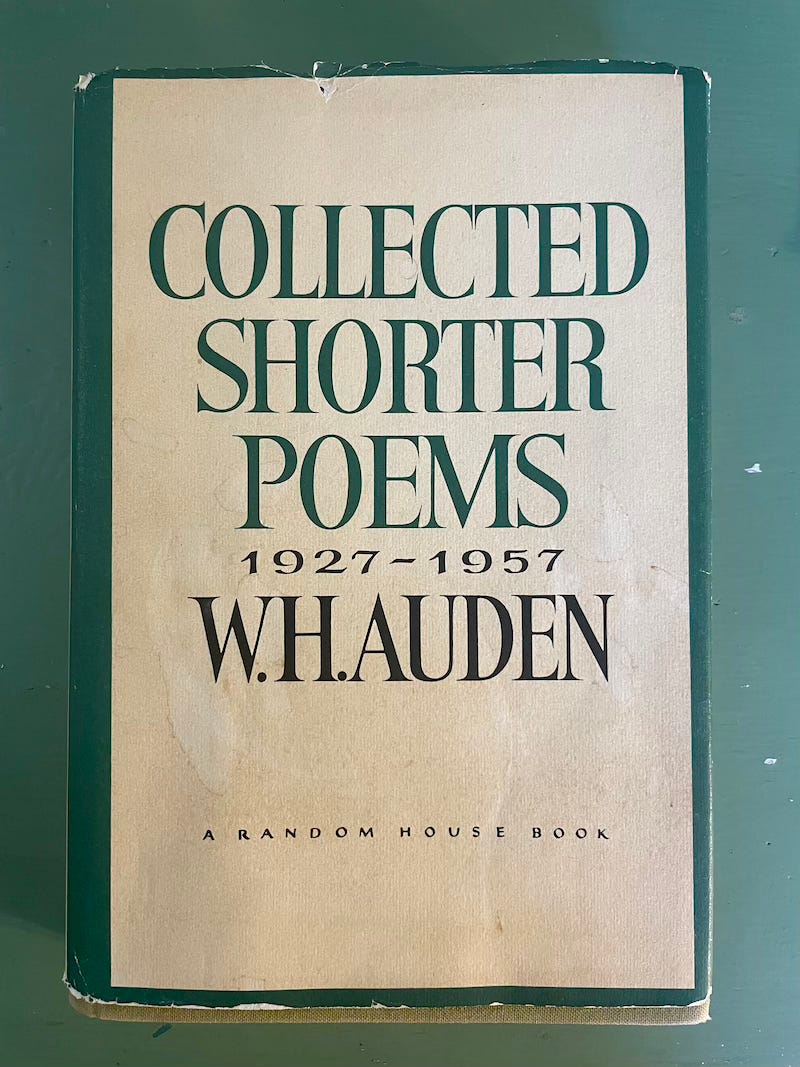
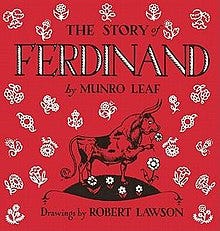

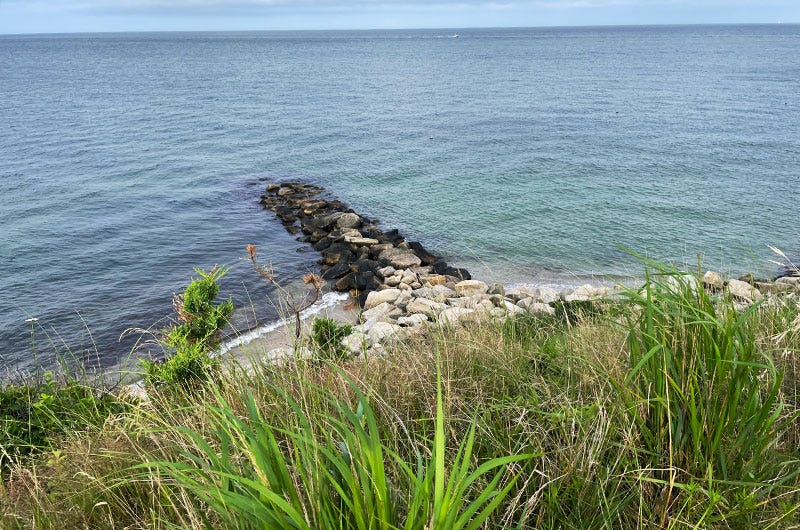
Susie, this moving meditation on beauty brought to mind the words of another poet, John Keats, and the final lines of his Ode on a Grecian Urn, written not long before he died:
"Beauty is truth, truth beauty,—that is all
Ye know on earth, and all ye need to know."
I love the honest exploration and energy in your writing.
Beautiful article! Thank you! i love the pictures and your thoughts about appreciating beauty!